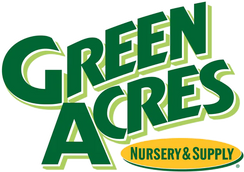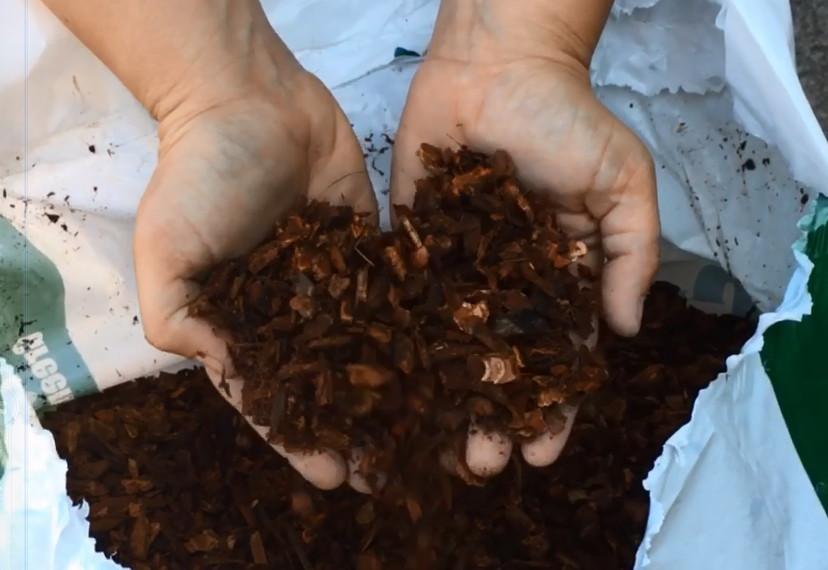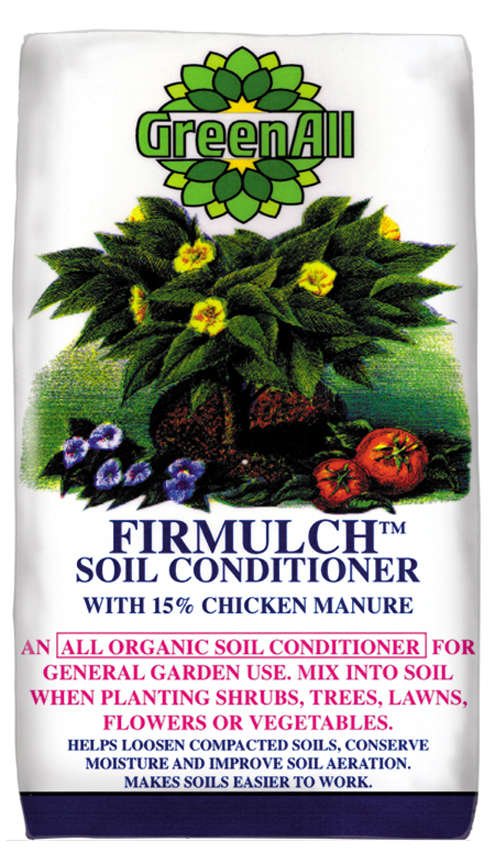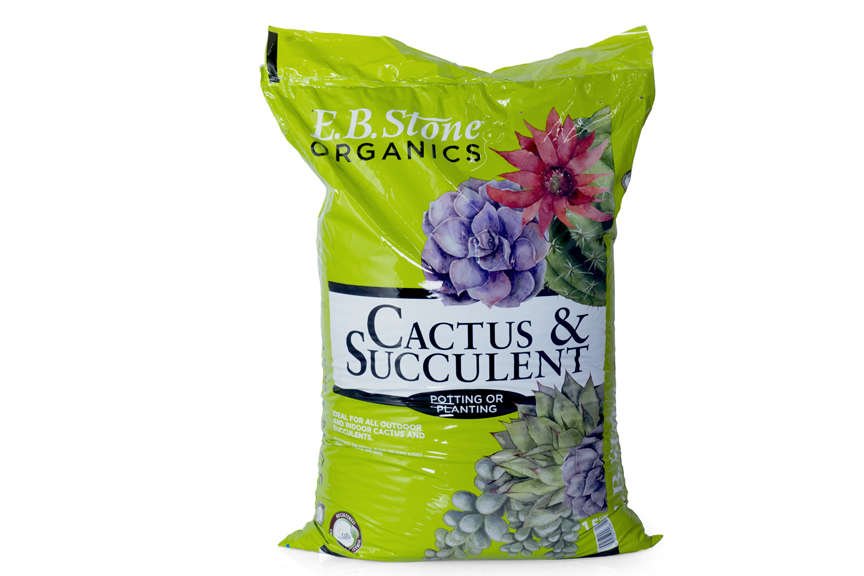
Mulch, Amendments, and Specialty Soils
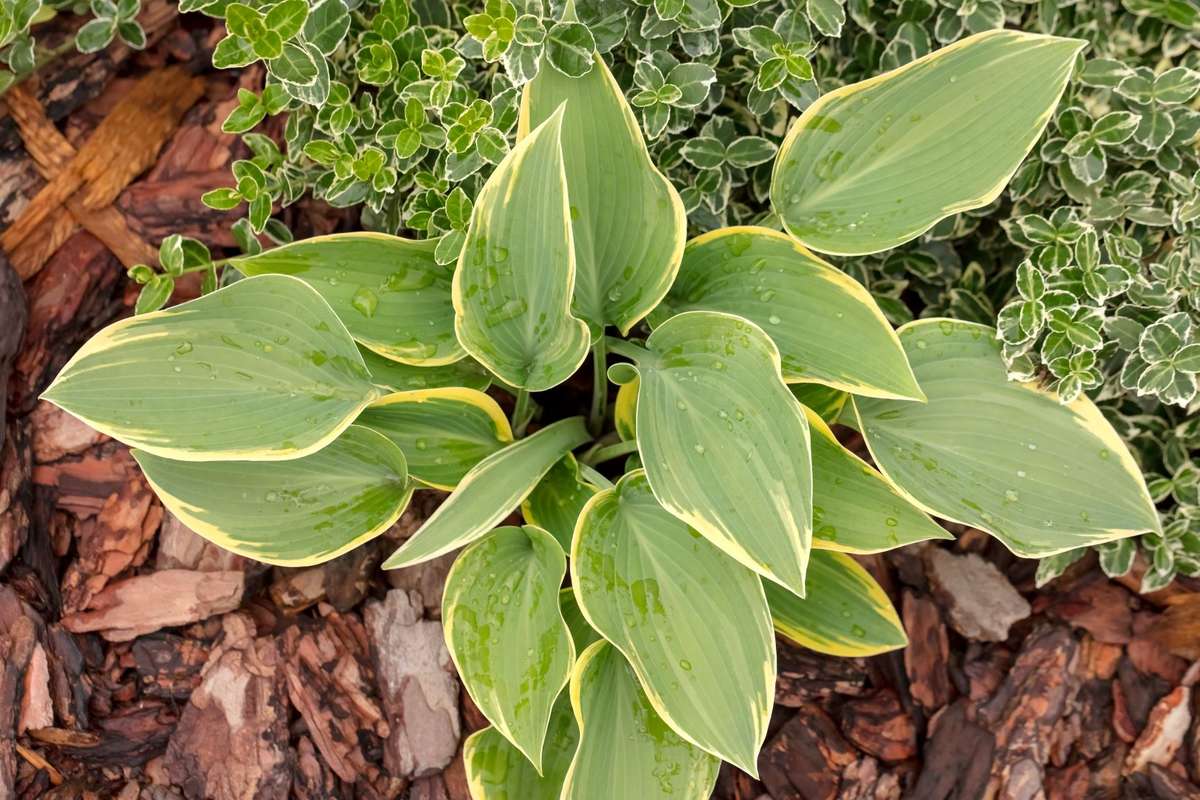
Healthy Plants Start from the Ground Up
Healthy plants start with healthy soil. How do you know if you have what you need to give your new and existing plants a well-rounded environment to grow? Well, it starts from the ground up with mulch, amendments, and specialty soils. Mulch goes on top of your soil; amendments get mixed into your soil; and specialty soils are used for unique plants or situations. Read on to learn more about each type.
Mulch
Mulch is a term for anything that goes on top of soil. Mulch includes wood chips, rocks, gravel, leaf litter and pine needles that just show up, or even newspaper and cardboard.
By keeping the sun off of the soil, mulch is a powerhouse that provides for your plants’ long term health and vigor. Mulch keeps soil cool, keeps irrigation in longer and suppresses weeds. Alternatively, in cooler months, a mulch layer helps to insulate roots and keep the soil warm enough for growing conditions. Mulch also creates the welcoming environment for beneficial insects and bacteria, keeping your soil happy. Happy soil equals happy plants.
By keeping the sun off of the soil, mulch is a powerhouse that provides for your plants’ long term health and vigor. Mulch keeps soil cool, keeps irrigation in longer and suppresses weeds. Alternatively, in cooler months, a mulch layer helps to insulate roots and keep the soil warm enough for growing conditions. Mulch also creates the welcoming environment for beneficial insects and bacteria, keeping your soil happy. Happy soil equals happy plants.
Is there such a thing as bad mulch? Not exactly, but there are considerations:
- Rocks can get hot. They absorb so much heat in the summer, and release that heat way past sunset, that plants can burn. A good option for shady areas.
- Mulch can be too deep or solid. If the mulch is exceptionally deep and heavy it may suffocate the soil by depriving it of oxygen. Plastic sheets also do this by not allowing enough air through. Mulch only needs to be as deep as it takes to keep the sun from getting through. We recommend a depth of two to three inches and weed fabric vs. plastic.
- Mulch holds in moisture and if it touches a plant base or trunk, it can cause rot. Maintain a six-inch clearance of mulch from the base of the plant.
Amendments
Amendments are mixed into your native soil to make it behave. If you have to water every day, the soil may be too loose or sandy and it needs bulking up. If water keeps puddling on the surface, the soil has too much bulk, and it needs to be loosened up. Amendments can help stabilize soil moisture and texture.
Your native soil has lots going for it, and it just needs a little help. Only extreme conditions require removing and replacing your native soil. Even clay is a critical part of healthy soil. Mix in as little as 25% amendment and your clay is now less bulky, or your loose soil now has holding power.
Specialty Soils
Specialty soils provide a complete growing environment for plant roots in pots or raised beds. Perhaps you don’t have any native soil to use, or you are growing a plant that needs certain soil conditions, that is when you reach for a specialty soil.
Cacti and succulents, bonsai, orchids and African violets will often be in pots and soils formulated specifically for the needs of certain varieties are the recommended way to go.
Maybe you want to grow veggies or herbs in pots or raised planters? Specialty soils to the rescue. Formulated for water retention and much needed nutrients, our specialty soil blends are ripe for growing edibles too.
Still not sure? We have help. Our gurus have advice, our site has all the mulches, amendments and soils listed with details on price, size and ingredients—and all of our stores have samples for you to see and touch.
Cacti and succulents, bonsai, orchids and African violets will often be in pots and soils formulated specifically for the needs of certain varieties are the recommended way to go.
Maybe you want to grow veggies or herbs in pots or raised planters? Specialty soils to the rescue. Formulated for water retention and much needed nutrients, our specialty soil blends are ripe for growing edibles too.
Still not sure? We have help. Our gurus have advice, our site has all the mulches, amendments and soils listed with details on price, size and ingredients—and all of our stores have samples for you to see and touch.
